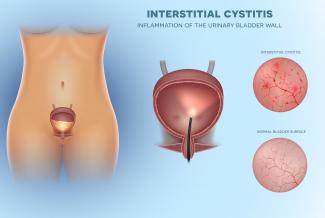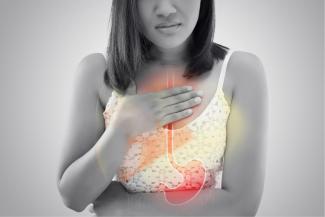News
- Nigella sativa Supplementation to Improve Asthma Control
11 Jul 17
- Vitamin K and the Risk of Fractures
11 Jul 17
- Vitamin D for Early Rheumatoid Arthritis
11 Jul 17
- N-acetylcysteine in the treatment of schizophrenia
30 Mar 17
- Probiotics to reduce hepatic inflammation in NAFLD
30 Mar 17
- Acupuncture for Parkinson’s disease
30 Mar 17
- Auricular acupressure on stress and sleep disturbance
30 Mar 17
- Supplements for peripheral neuropathy
30 Mar 17
- Exercise bouts for breast cancer control
09 Mar 17
- Acupuncture for functional dyspepsia
09 Mar 17
- Nutraceuticals in the adjunctive treatment of depression
09 Mar 17
- Association of Vitamin D and Childhood Asthma
09 Mar 17
- Antioxidants and Mortality
09 Mar 17
- Auricular acupuncture for opioid use disorder
08 Feb 17
- Echinacea supplementation not to be used for aerobic fitness
08 Feb 17











